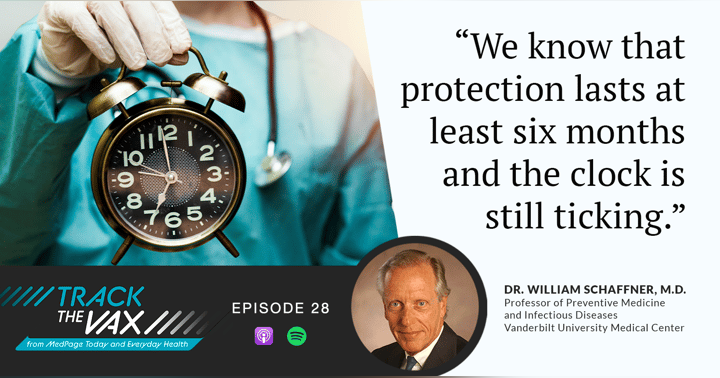Battle of the Sexes: Covid edition?

Estrogen. Progesterone. Testosterone.
What do those hormones have to do with COVID-19 and vaccines? More than you might think.
“We have known for decades now the immune systems of men and women differ and that by and large men are often more susceptible to severe outcomes from viral infections,” Sabra Klein, PhD, a Professor at the Johns Hopkins Bloomberg School of Public Health, and co-Director for the Center for Women's Health, Sex, and Gender Research explains on this week’s episode.
“ Just about every single immune cell in our bodies have receptors for these hormones. And what that just means for your audience is these hormones can actually regulate the functioning of our immune cells. They can turn on responses, they can turn off responses,” she explains.
“Part of that is the immune response, generally speaking, is typically more robust in women as compared with men...when we see a vaccine antigen...women tend to respond with a more robust immune response.”
All of which means men may be biologically susceptible to being hit harder by the virus, but women may be hardwired to react more the the vaccine.
She also addresses:
- How testosterone, an anti-inflammatory, turns off a lot of those initial antiviral, inflammatory types of immune responses.
- How the X-Chromosome is “enriched for the immune response genes.”
- Women weren’t required to be part of clinical trials until 1993
Listen along with us on: Apple Podcasts , Spotify, or wherever you listen
